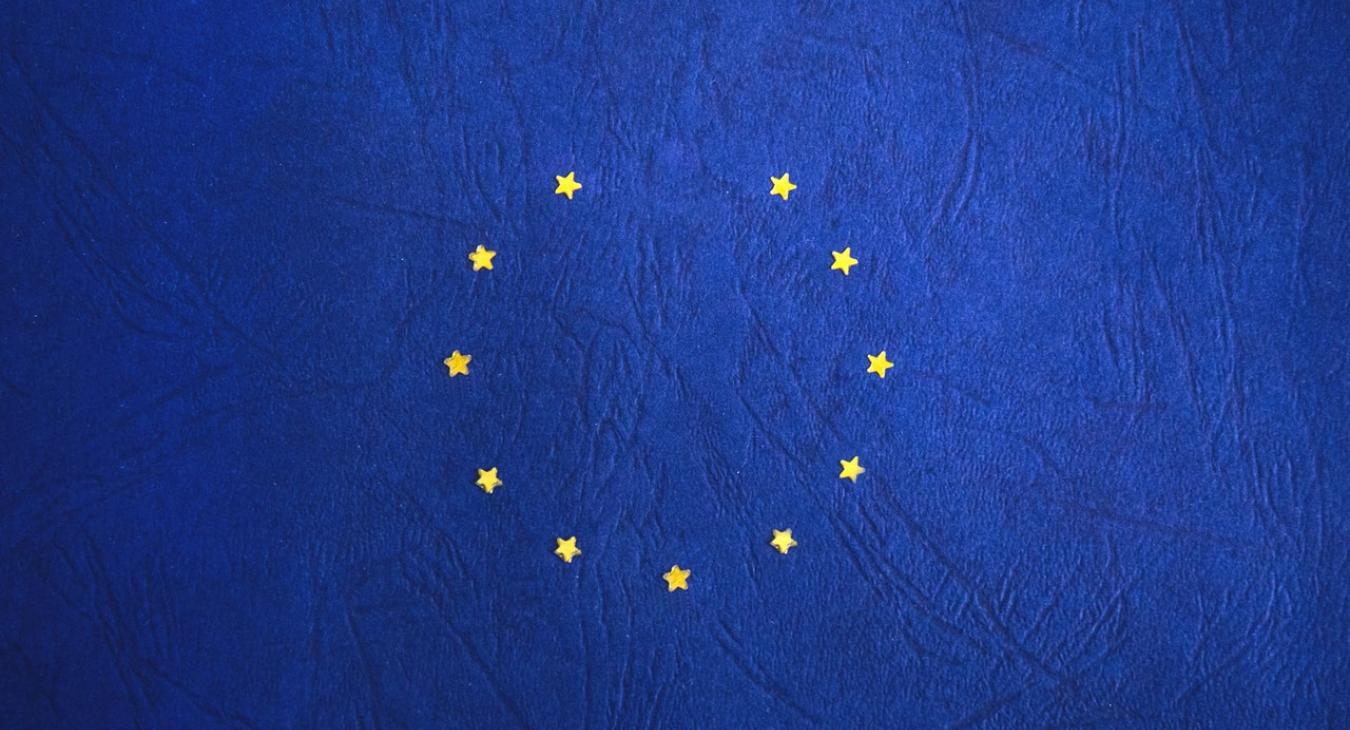
Luca Vistentini, General Secretary of the European Trade Union Confederation (ETUC) argues that the European Union needs investment, wage rises and a healthy dose of solidarity to recover from the current crisis
Europe must do an urgent economic about turn and adopt policies that focus on boosting investment and internal demand.
While there are some signs of recovery there is no significant increase in quality jobs and unemployment remains far too high, with over 22 million in the EU 28 out of work.
The reason is obvious: almost every economic policy adopted by European leaders since the onset of crisis has been wrong.
Their insistence that uncontrolled public expenditure was the primaryy cause of the crisis hides the truth: financial sector irresponsibility and member states indebting themselves to save the reckless banks.
In Ireland trade unions were at the forefront in warning of the dangers of a strategy built on austerity and the achievement of unrealistic targets without reference to the human costs.
The Stability Pact and the Troika combined to depress the economies of the EU and made it impossible for the countries most exposed to the crisis to repay their debt.
Cuts in pensions and social protection along with and the imposed decentralisation of collective bargaining structures led to a downward spiral in wages and internal demand.
This is turn depressed productivity and competitiveness.
So we need a major programme of investment to reverse this process.
And it must be led by public investment because this will help generate confidence among private investors.
But more critically, only public investment is guaranteed to go to the real economy – research, innovation, education - and not into financial speculation
In The Entrepreneurial State the economist Mariana Mazzucato demonstrates that Silicon Valley and major hi-tech corporations like Apple, Microsoft, Facebook and Google simply would not have existed without public investment in innovation.
The investment plan announced recently by EU Commission President Jean Claude Juncker is good but €105bn over three years is simply not enough.
By contrast, the ETUC's New Path for Europe envisaged investing 2% of EU GDP annually over a decade – or €250 billion per year, every year, for 10 years.
But investment alone is not enough. We also need to boost internal demand.
The majority of goods produced in the EU are sold and consumed within Europe's borders.
That means we can only tackle deflation by increasing the purchasing power of EU citizens and workers.
Workers all over Europe need a pay rise.
More fundamentally, Europe needs to recognise the true value of its Social Model - a single market where economic freedoms are balanced by social rights and with dialogue between employers, trade unions and the key institutions.
The European Social Model is an aid to competitiveness and productivity – not an obstacle.
In October 2015, Commission President Junker addressed the ETUC Congress in Paris.
He was crystal clear about the need to invest in the economy; to end precarious work; to reduce inequality by ensuring equal treatment for all, especially for mobile workers and migrants; to reinforce the European Social Model and enhance social dialogue.
The ETUC couldn't agree more.
But the real problem lies not with Jean-Claude Juncker, it lies with national governments. What is happening in the UK, Spain, Finland, Hungary, Poland, and even so-called 'progressive' countries like Italy or France, is very worrying.
We see ever more austerity, attacks on trade union rights, on welfare systems and social rights. Free movement of workers is under threat, refugees are shown hostility, not humanity.
The economic crisis has led to the renationalisation of European decision-making, and a loss of influence by the EU institutions.
It has created a political crisis in many EU countries and strengthened Euro scepticism, xenophobia, racism and populism.
Narrow nationalism is a dangerous beast that the European project had put on a leash, but is now straining to break free.
Trade unions can play a vital role in rescuing Europe from this mess – by winning pay rises, battling precarious work and inequality and defending free movement and social rights.
What Europe really needs now is a healthy dose of that age old trade union value: solidarity!
